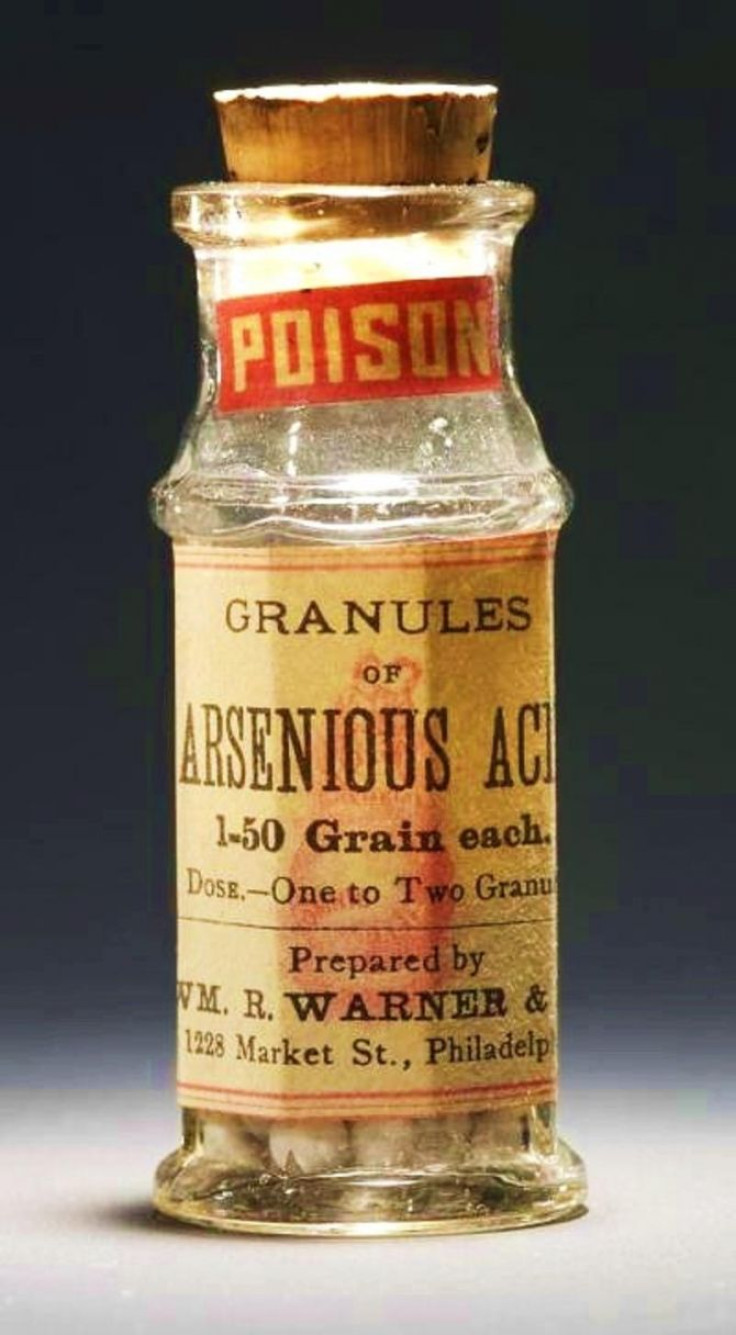High Levels of Arsenic Found in Infant Formula, Cereal Bars and Energy Shots

Many food products, like infant formula or cereal bars, contain a sweetener known as organic brown rice syrup contain significant levels of arsenic, a new study revealed on Thursday, prompting Dartmouth researchers to stress an “urgent need” for regulatory limits on carcinogens in food.
Scientists found particularly high levels of arsenic in some cereal bars, energy shots and infant formulas that were made with organic brown rice, compared to other products that use other sweeteners.
Researchers said that two of the 17 infant formulas tested listed organic brown rice syrup as the main ingredients, and one of the formulas had six times the U.S. federal limit of 10 parts per billion for drinking water.
Researchers said that the presence of arsenic in infant formula is “particularly worrisome for babies because they are especially vulnerable to arsenic’s toxic effects,” but they did not say the name of the infant formula brands it investigated.
The latest findings also showed higher levels of the harmful carcinogen in cereal bars which contained 12 times the U.S. Environmental Protection Agency's (EPA) safety limit for drinking water.
Of the 29 cereal bars tested, 22 that contained rice ingredients had arsenic concentrations of 23 to 128 parts per billion and 7 bars that didn’t contain rice products had 8 to 27 parts per billion.
One of the three tested energy shots contained arsenic concentrations of 84 parts per billion and the other two had 171 parts per billion.
Researchers said although arsenic has been recognized as a pollutant in drinking water, there is no federal regulation for arsenic in juices or most foods, and legislation was only recently introduced Feb.8 in the U.S. House of Representatives calling on the Food and Drug Administration to establish safety limits for arsenic and lead in fruit juices.
“In the absence of regulations for levels of arsenic in food, I would certainly advise parents who are concerned about their children's exposure to arsenic not to feed them formula where brown rice syrup is the main ingredient,” Study lead author Brian Jackson said in a statement.
Rice, which researchers have previously shown to be a significant source of dietary exposure to arsenic, is among plants that are especially efficient in absorbing arsenic from soil regardless of whether the rice is grown organically or not.
“We focused on organic brown rice syrup because this seems to be a sweetener of choice for some organic food products,” Jackson said.
Organic brown syrup is increasingly gaining popularity as a preferred sweetener alternative as opposed to using high fructose corn syrup because many have criticized that latter to be a highly processed substance that is more harmful than traditional sugar and to be a substantial contributor to the obesity epidemic.
Arsenic, which is naturally present in the environment, is colorless and tasteless and is used as a fertilizer and wood preservative.
Experts warn that frequent consumption of foods that contain more arsenic than the federal standards for drinking water heightens an adult’s risk for cancers of the bladder, liver, kidney, skin, prostate, and lungs as well as heart disease. In children, arsenic exposure has been associated to poorer intellectual function.
The findings are published today in the journal Environmental Health Perspectives.



























